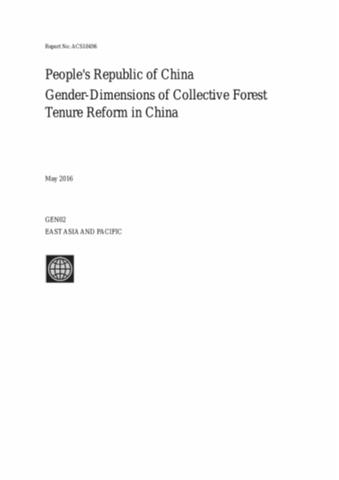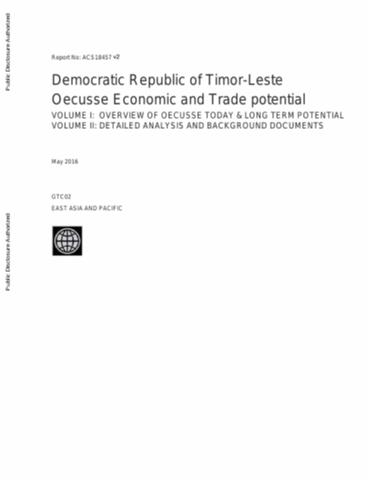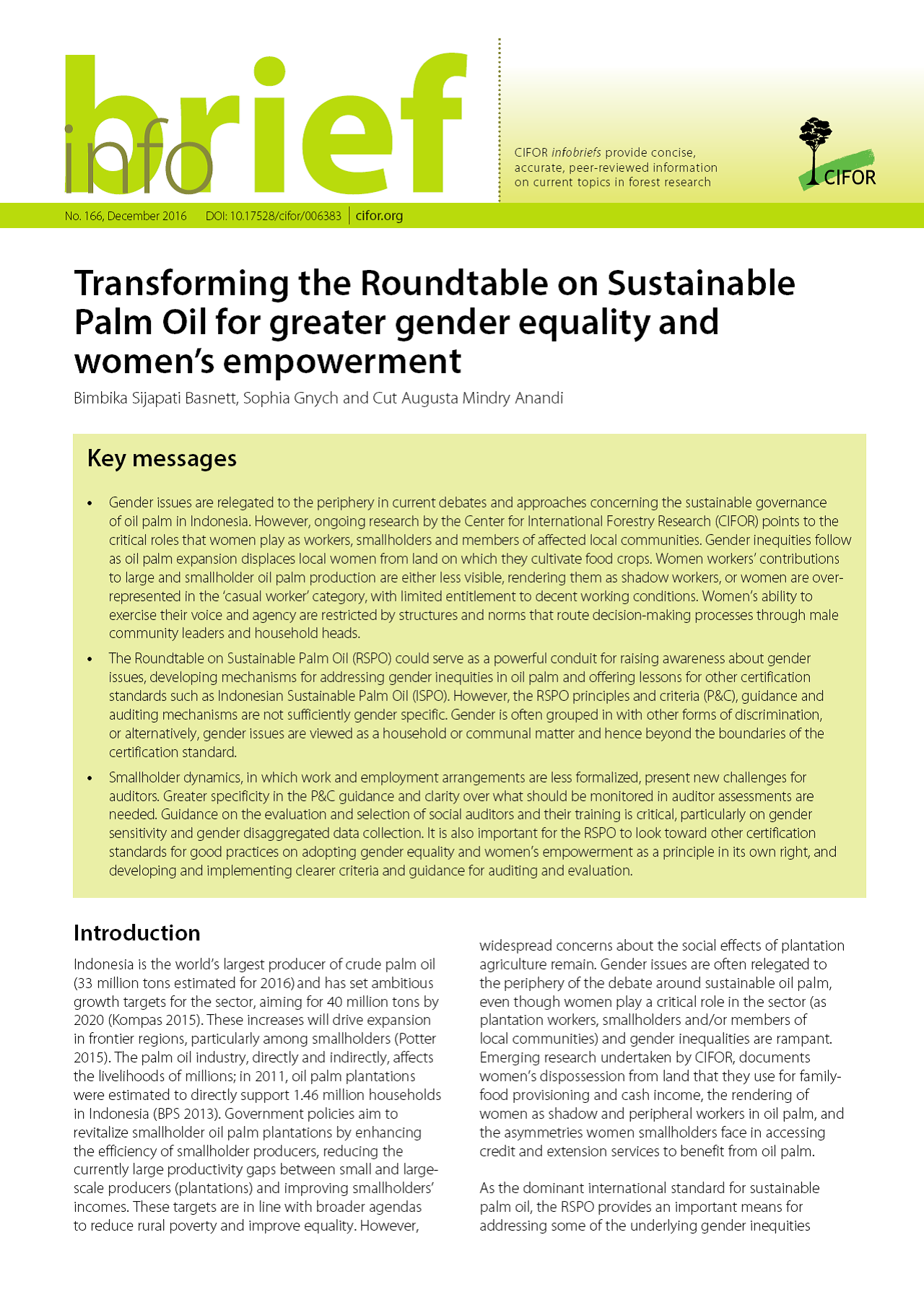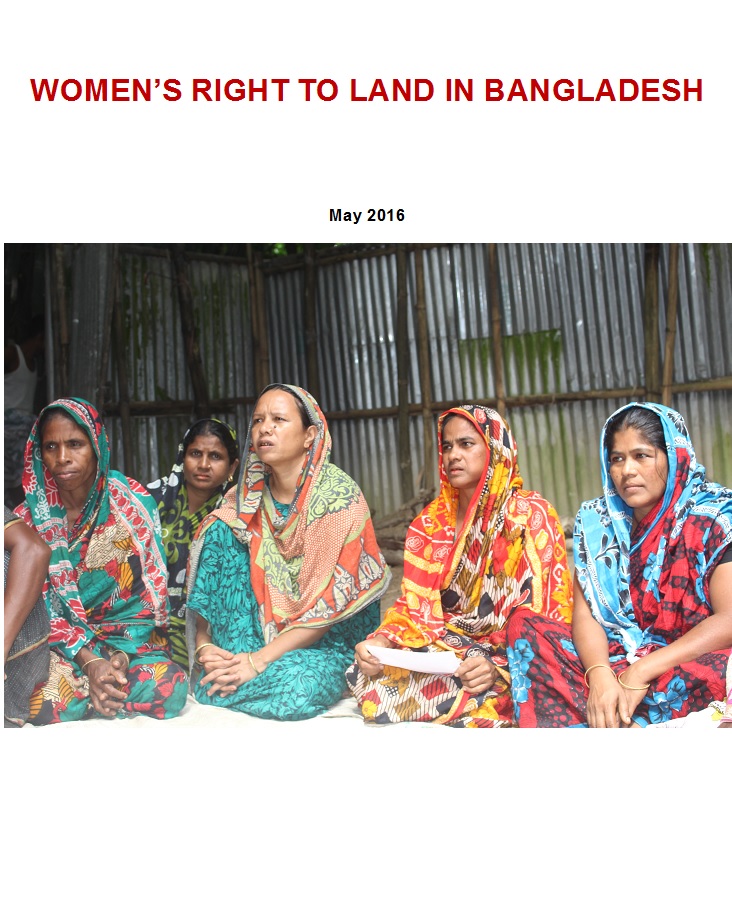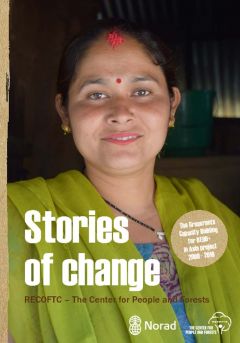Women’s Right to Agricultural Land
Women’s land rights (WLR) have been and continue to be a live agenda in social development discourse of India. The importance of WLR has been discussed in the context of agriculture; poverty reduction; reduction in gender based violence; women’s well-being and agency.This policy brief outlines the gaps that exist in the realisation of women’s land rights on agricultural land and calls for immediate collective action aimed at removing the structural barriers in inheritance, leasing, and joint ownership of privately held land in favour of women.


